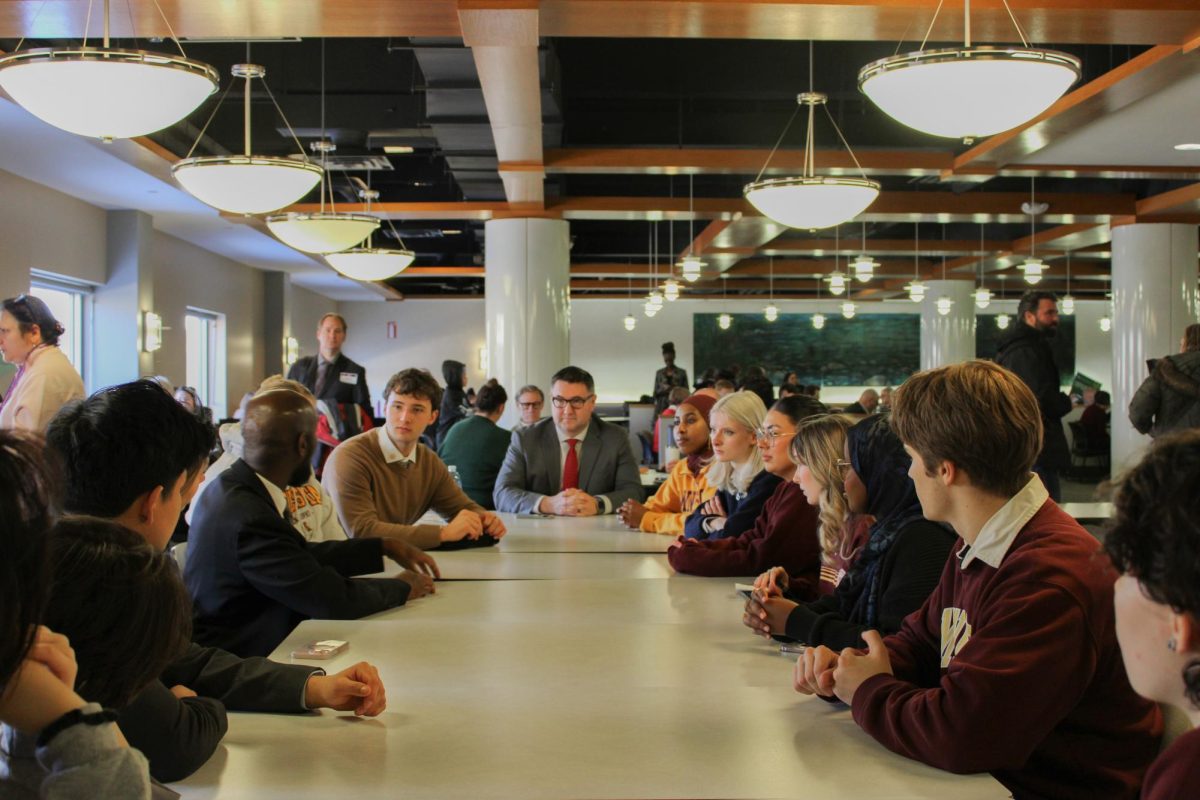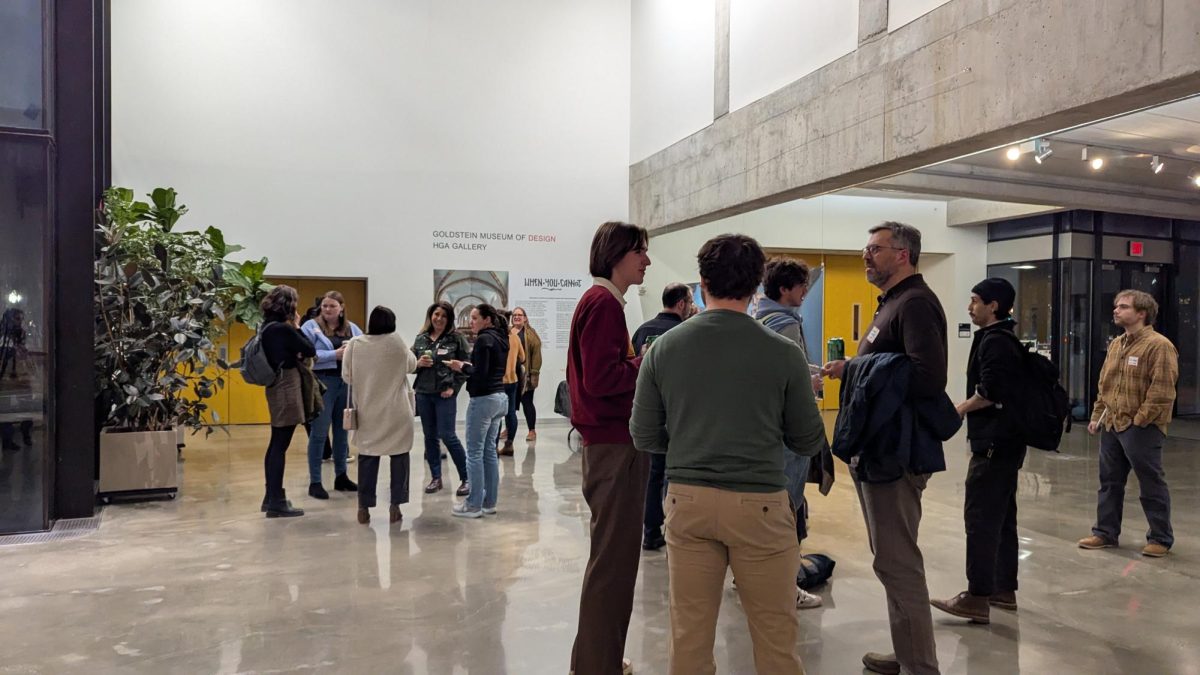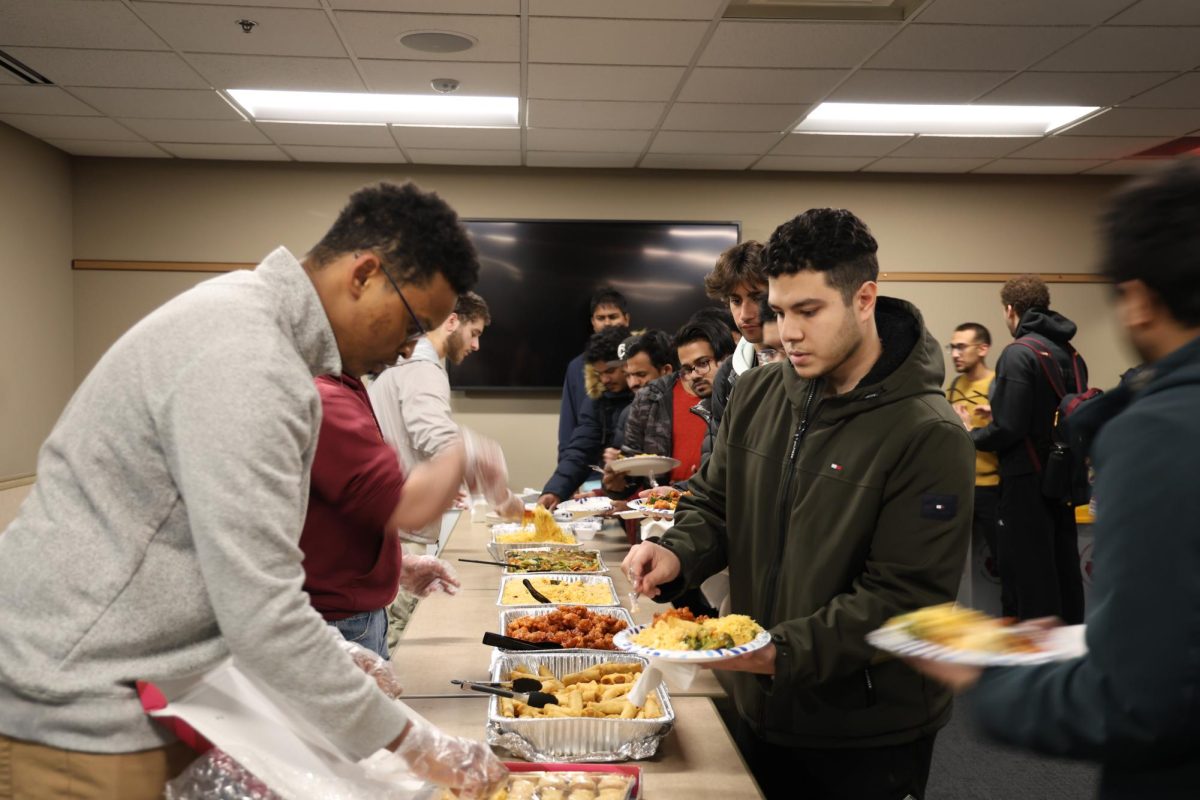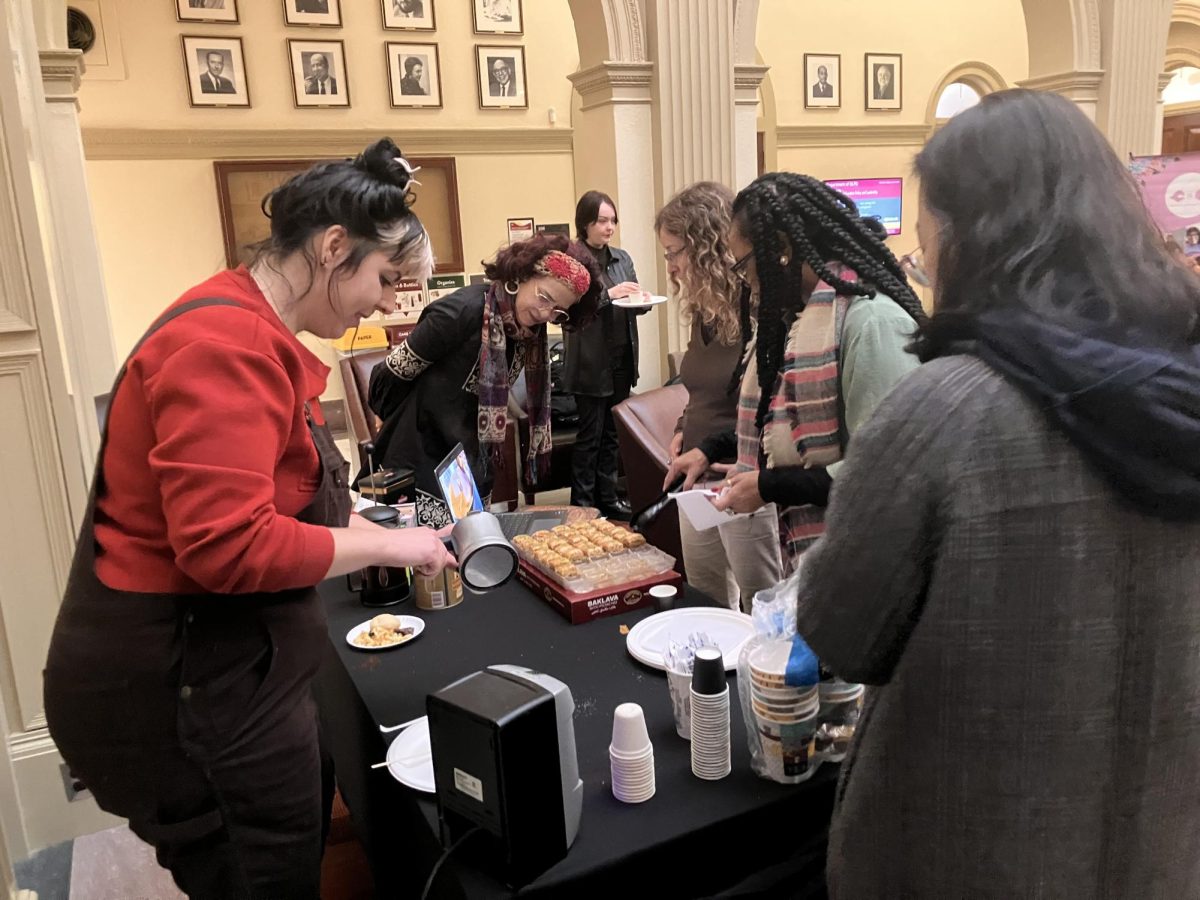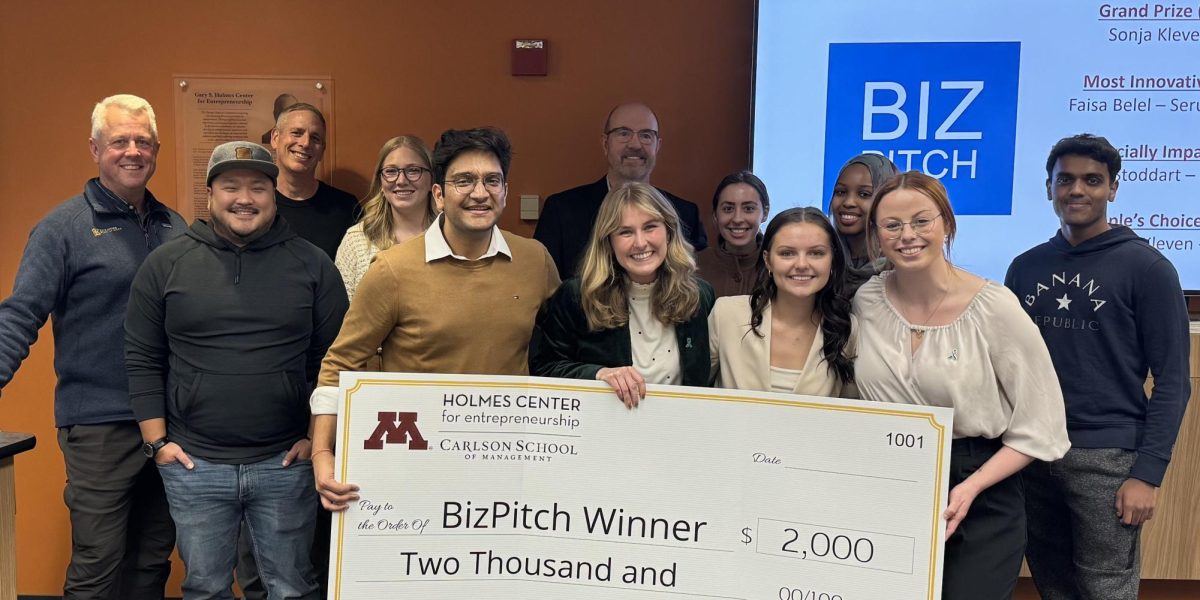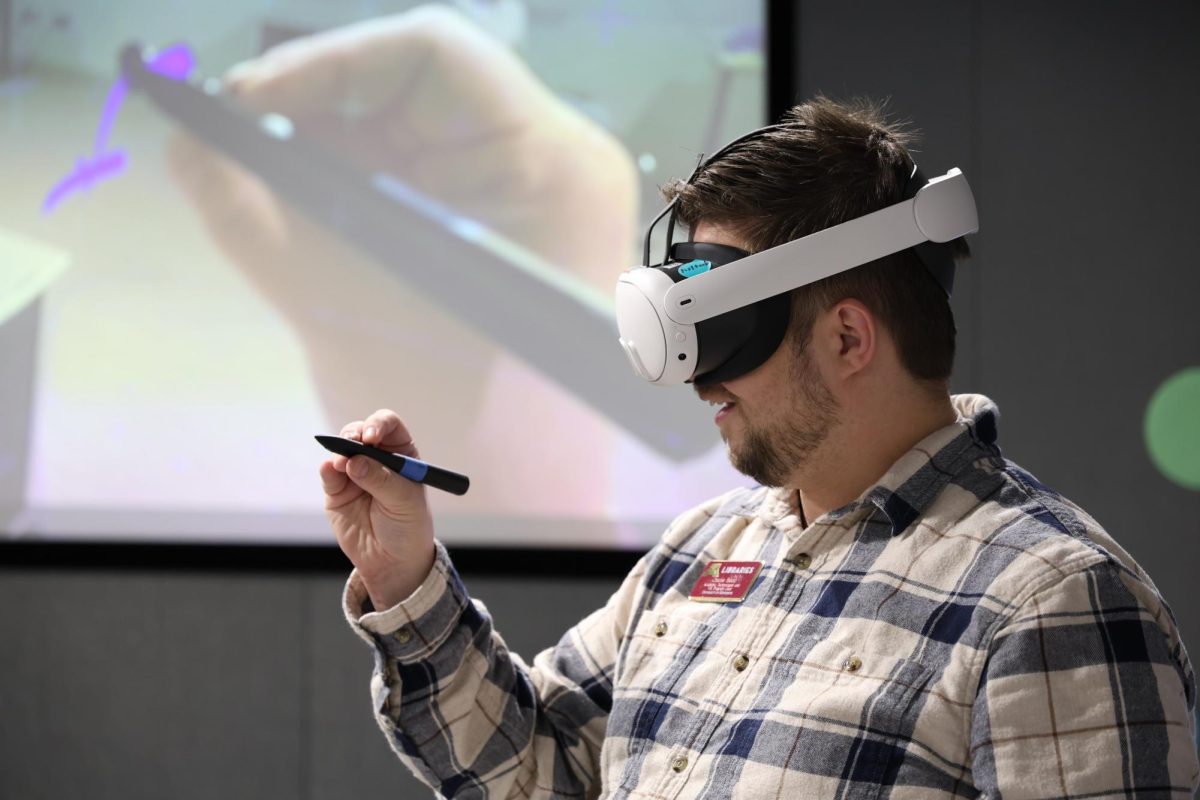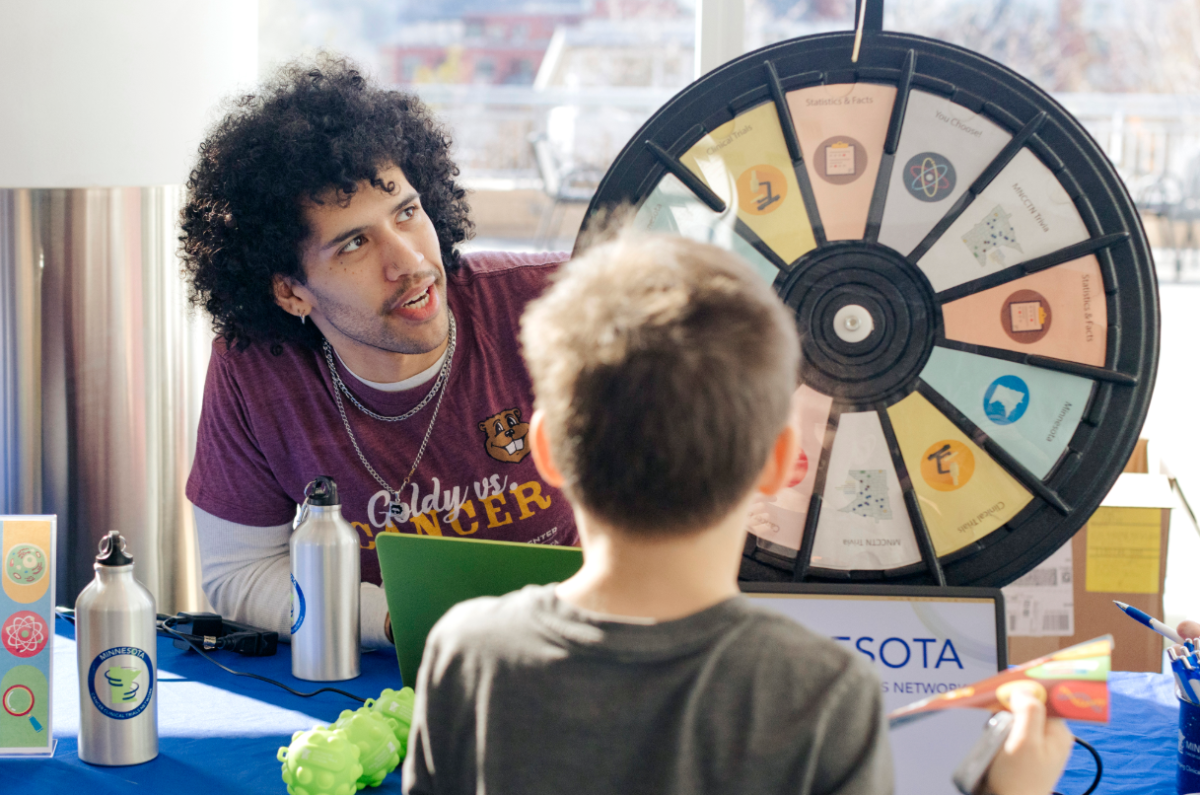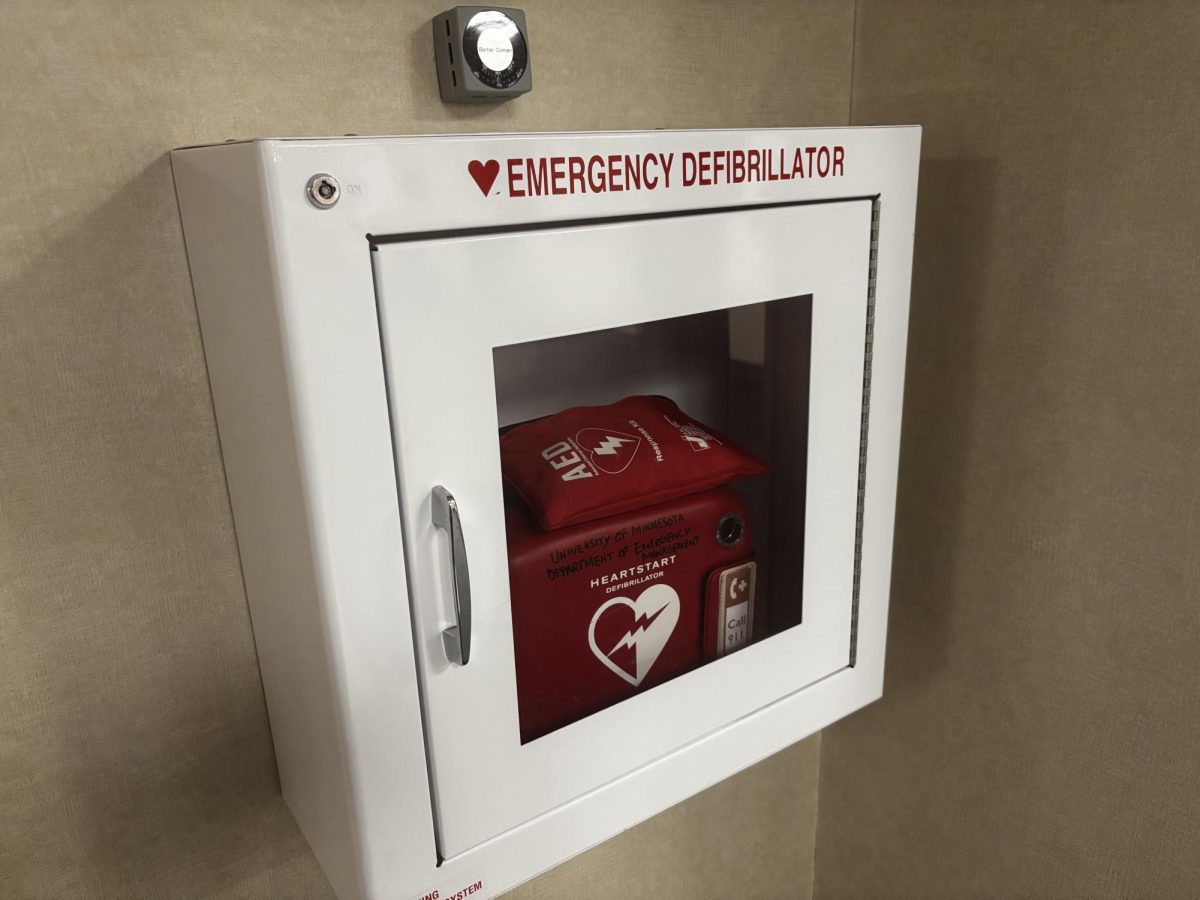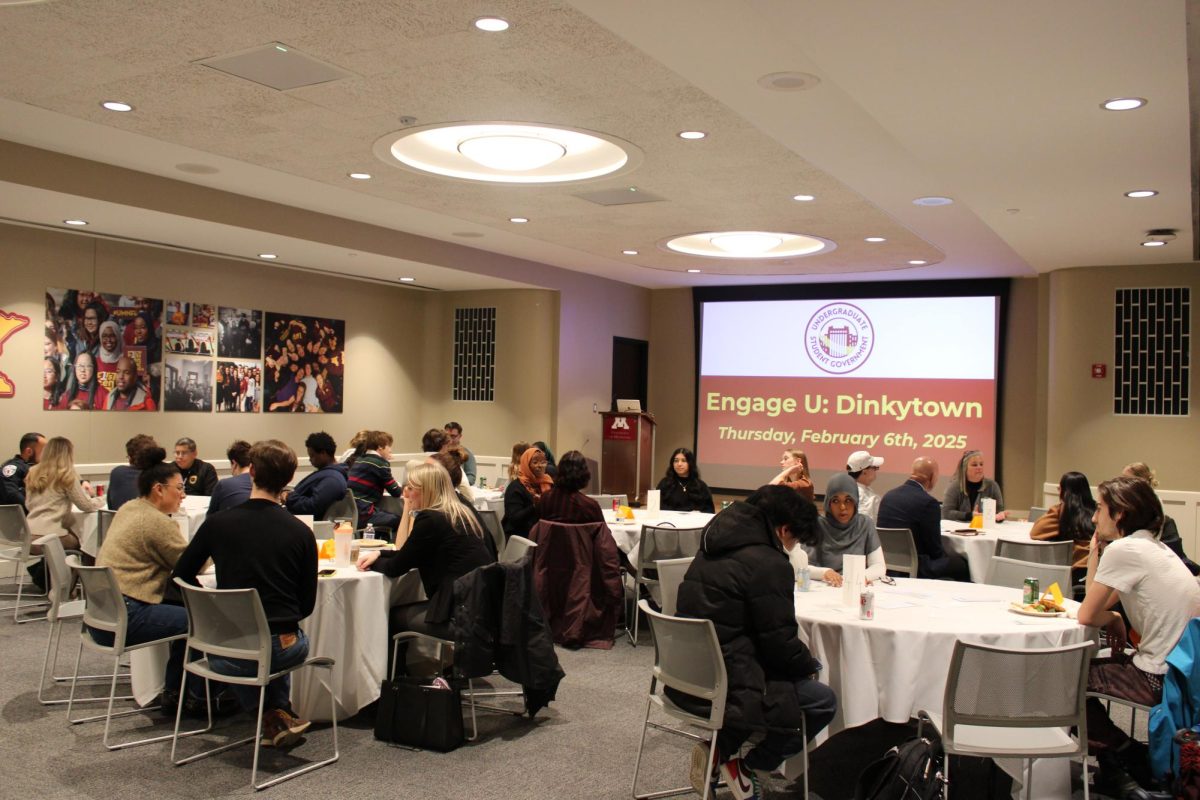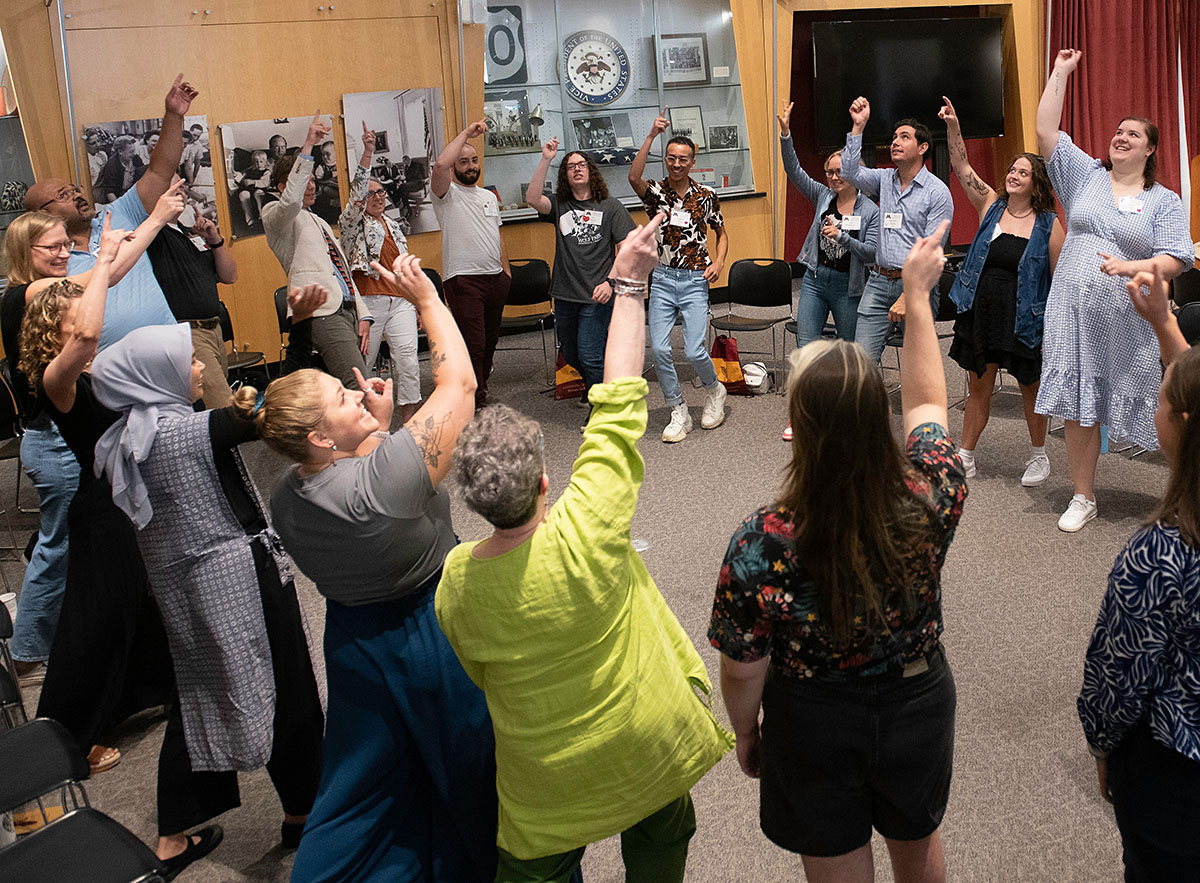The University of Minnesota’s Undergraduate Student Government (USG) met with elected officials at the state capitol Wednesday to discuss campus initiatives and issues as part of its Advocacy Day.
Advocacy Day was open to members of USG, as well as general student body members, and included meetings with committees and legislators. Students spoke to elected officials about recent USG initiatives and issues important to them.
Shae Horning, USG’s director of state affairs, planned and led the day. Horning said the theme of Advocacy Day was college affordability. While other topics relating to the University were discussed, affordability was the priority.
With the increase in the University’s tuition last year, the issue is one USG is increasingly aware of.
Horning said Advocacy Day is ultimately about students making connections and making their voices heard.
State and federal government policies can have a big impact on college students, Horning said. In a year when the state legislature elects four new Regents to the University’s Board of Regents, Horning said it is important for students to understand what is going on in government and talk to elected officials.
“It’s really just about bringing students into that space because it can feel very intimidating,” Horning said. “It’s really just bringing students there and showing that this is a space that they can occupy.”
USG President Rahma Ali said the students who attended Advocacy Day first met with Reps. Mohamud Noor and Dan Wolgamott as well as Sen. Omar Fateh about tuition affordability, scholarships, rent prices and food insecurity.
Going into Advocacy Day, USG and the state Senate and House committees had the goal of protecting the North Star Promise Scholarship, which provides eligible students with tuition assistance.
“A lot of students are recipients of the scholarship,” Ali said. “Our representatives and legislators are doing everything they can to increase the amount of scholarship students can get, as well as expand it to middle-class students so more students are eligible to receive the scholarship.”
Other basic needs, specifically food insecurity and campus safety, were discussed in meetings with Noor, Wolgamott and Fateh.
Food insecurity is a hot topic amongst conversations with students, legislators and representatives at the Capitol and even University administrators, Ali said. However, she said constant conversation is not enough, and actions need to follow words, which is what USG focused on during Advocacy Day.
Along with conversations with elected officials, the group attended a House Higher Education Committee meeting where University President Rebecca Cunningham and her team were in attendance, Ali said. Attendance at this meeting was important for USG, as it focused on the University’s budget.
One of the big successes of the day, according to Ali, was being able to bring more USG members and general students to the Capitol. This allowed for more conversation and action from those who may not have had a chance to speak with legislators and representatives before.
“That was so amazing to see just because those of us who are constantly face to face with our representatives just stepped back and let our the students who were with us have those conversations that they don’t normally have on a daily basis,” Ali said. “That was, I would say, a huge success from advocacy day.”


